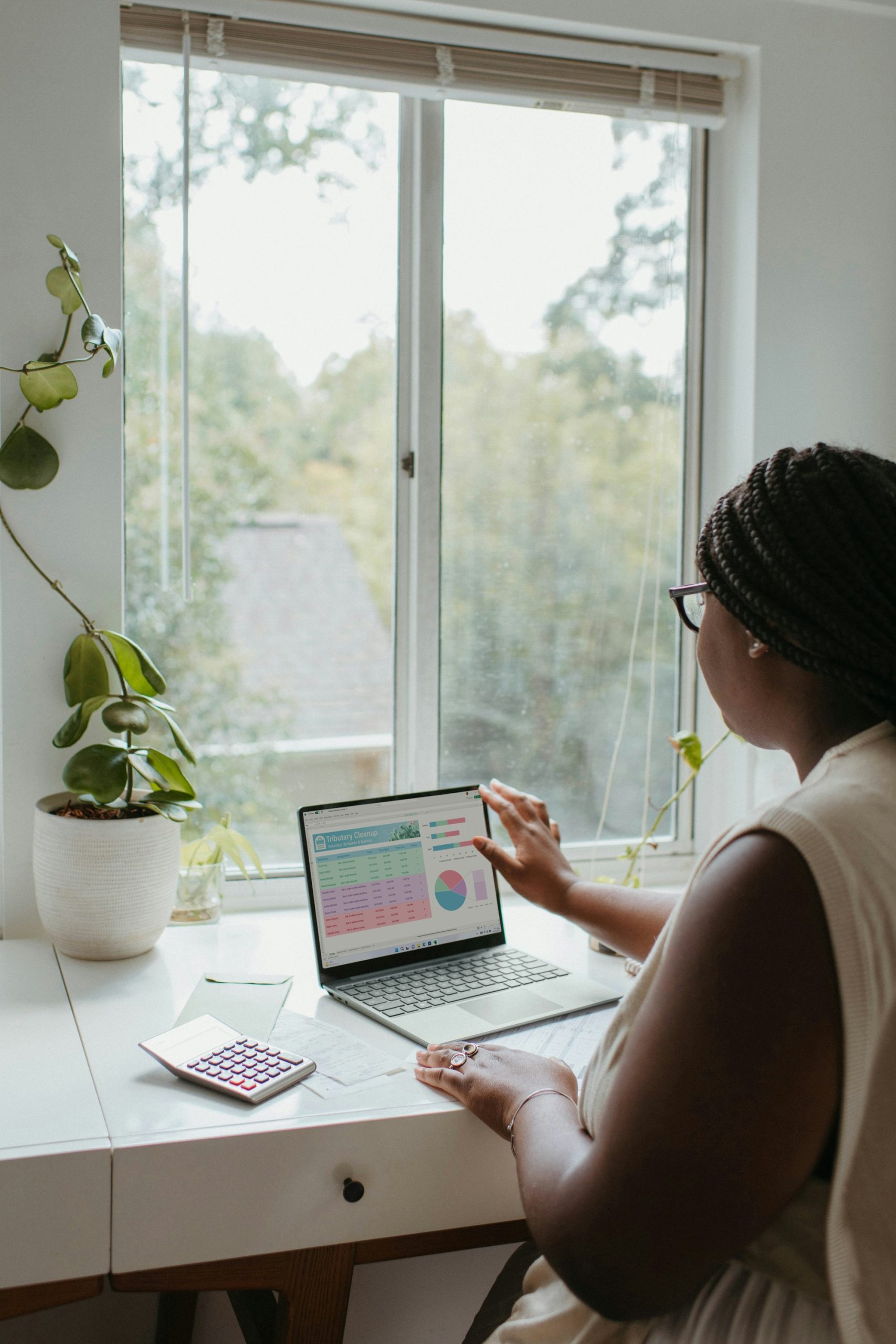When you’re broke, the typical money advice hits differently. You’re not looking for clever savings hacks or minimalist spending challenges. You’re trying to figure out how to pay rent, keep the lights on, and maybe still afford groceries. That’s when the most popular budgeting tips start to sound not only unhelpful but also completely out of touch.
“Skip your morning latte.” “Try a no-spend month.” “Stash 20% of your income in savings.” Those tips might be useful if you’ve already got disposable income, but if you’re living paycheck to paycheck or worse, they can feel insulting.
Let’s break down some of the most common budgeting advice that simply doesn’t apply when you’re broke, and talk about what struggling really looks like when it comes to managing money.
The Latte Lie and Other Empty Sacrifices
There’s a pervasive myth that if poor people just stopped buying coffee, they’d somehow become rich. The problem isn’t the latte. It’s the fact that a $5 drink isn’t what’s breaking the bank when rent is $1,600 and wages are stagnant. Cutting out small joys might make sense for someone trying to fine-tune their spending, but when you’re broke, those small joys are often your only joys.
What’s more, obsessing over little purchases creates shame around survival-level spending. If you’re already skipping meals or sharing a Netflix password with three other people to save money, that coffee you bought probably wasn’t financial sabotage. It was a tiny moment of peace.
Emergency Funds and the Illusion of Safety
Almost every personal finance book will tell you to save three to six months of expenses for emergencies. That’s solid advice…unless you can’t even cover one month. When every paycheck goes toward past-due bills or just barely gets you through the week, the idea of stashing away hundreds (or thousands) feels laughably out of reach.
What this kind of advice misses is that for many people, life is the emergency. There is no buffer, no cushion, no safe zone. And that kind of pressure makes budgeting feel less like planning and more like gambling.
The Problem with Percentage-Based Budgeting
Another classic: save 20% of your income, spend 50% on necessities, and use the remaining 30% for lifestyle expenses. Sounds great—until your necessities already take up 80% of your income and you’re still falling short.
Percentage-based budgeting assumes a level of income flexibility that many people simply don’t have. It’s based on a lifestyle where your rent doesn’t eat half your paycheck and your insurance isn’t a second rent payment. When your entire income goes to just surviving, the rest of the math doesn’t work.
“Just Meal Prep” Isn’t Always That Simple
Meal prepping can be smart and cost-effective, but not everyone has the resources to do it. If you don’t have reliable access to a kitchen, grocery stores, or enough money upfront to buy ingredients in bulk, it’s not a realistic solution.
Many people living in food deserts or working multiple jobs rely on convenience meals not because they’re lazy, but because that’s what their reality allows. Time, space, and energy are all currencies too, and when you’re broke, you often don’t have much of any of them.

Side Hustle Burnout Is Real
“Start a side hustle!” seems like the universal answer to every financial problem. But for people who are already physically or emotionally maxed out, it’s not always feasible. If you’re working long hours, caring for kids, or dealing with health issues, adding more to your plate might just lead to burnout without guaranteed payoff.
Plus, not every side hustle is instantly profitable. Starting a small business or freelancing takes time, equipment, or marketing. And those things cost money, aka a resource you might not have spare.
Budgeting Doesn’t Solve Systemic Issues
The hardest truth? You can budget perfectly and still be broke. You can track every expense, avoid debt, and hustle nonstop and still not make enough to cover your basic needs. That’s not a budgeting failure. That’s a broken system.
When wages don’t match the cost of living, when healthcare can wipe out savings overnight, when student loans eat up your entire paycheck, no amount of spreadsheets or spending apps will save you. And it’s important we stop pretending otherwise.
Real Advice for When You’re Truly Struggling
What helps when you’re broke isn’t tips. It’s options. Access to community resources. Debt relief programs. Sliding-scale healthcare. Flexible housing support. What helps is acknowledging the reality that sometimes, you’re not “bad with money.” You’re just not working with enough of it.
Budgeting, in these cases, becomes about a survival strategy. Not optimization. You make the best of what you have. You ask for help. You seek support, not shame.
We Need a New Kind of Financial Advice
Most traditional financial advice is written for people with at least some margin. What we need is more advice from and for people who are living in the margins. Those who know what it’s like to juggle bills, skip meals, or choose between gas and groceries.
Because the truth is, broke people don’t need to be guilted into giving up luxuries they never had. They need structural support, affordable living, and compassion. Budgeting can be part of the conversation, but only if it starts from a place of realism, not blame.
Have you ever tried budgeting while broke? What advice did you find helpful and what just made you feel worse?
Read More:
Why Poor People Are Tired of Hearing ‘Just Budget Better’
Here’s Why Poor People Stay Poor
Riley is an Arizona native with over nine years of writing experience. From personal finance to travel to digital marketing to pop culture, she’s written about everything under the sun. When she’s not writing, she’s spending her time outside, reading, or cuddling with her two corgis.
Read the full article here
















